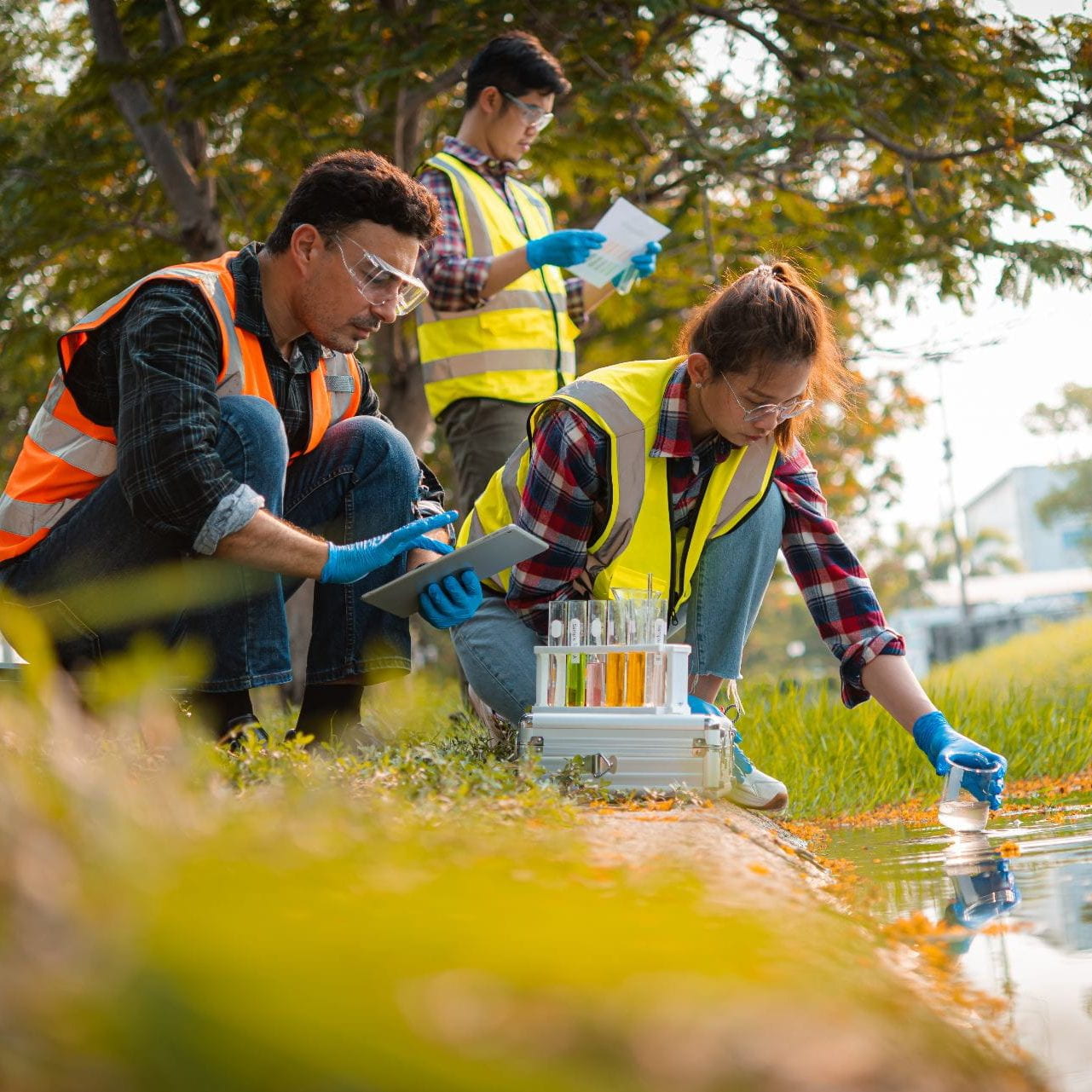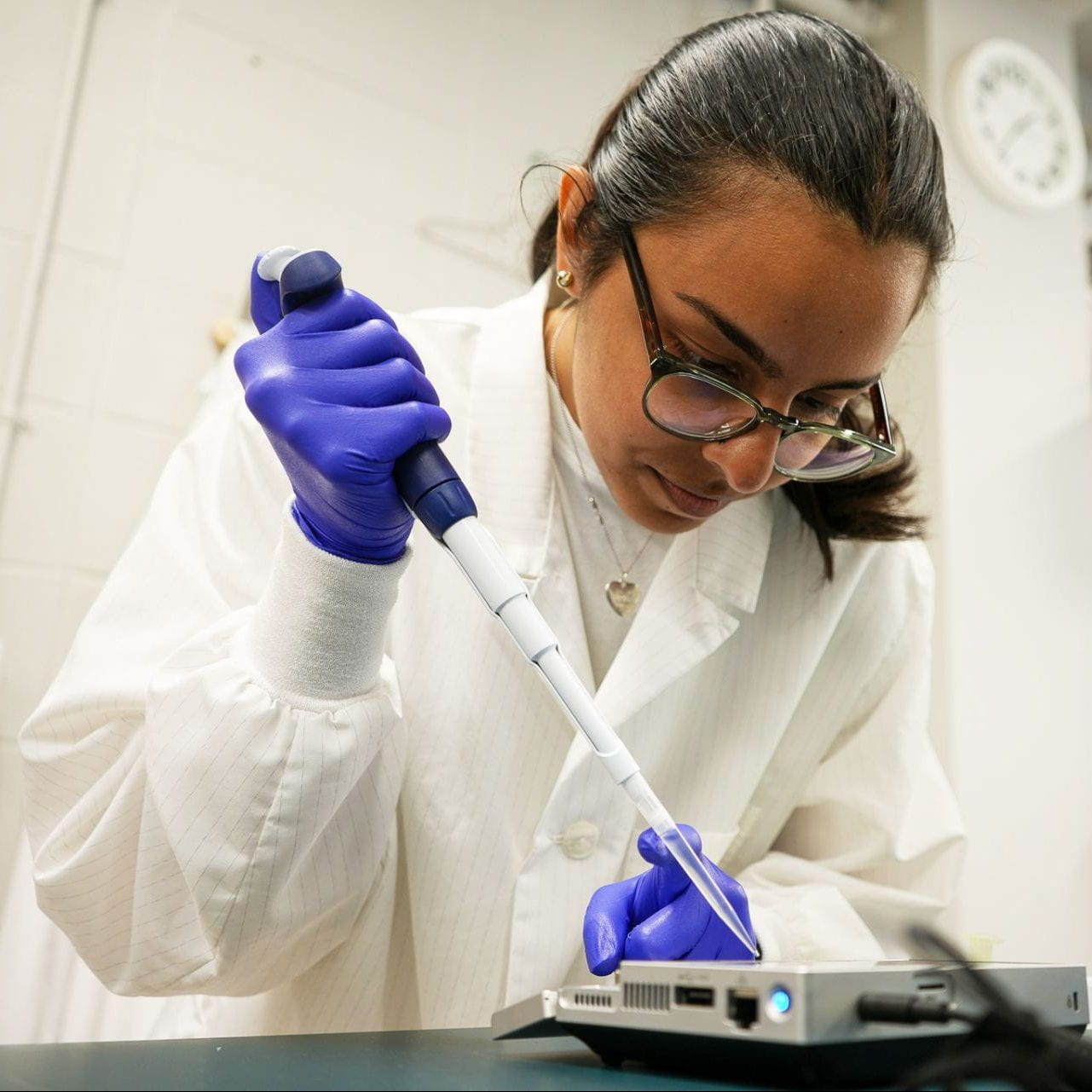Working Together to Change the World
Cornell University offers a campus-wide Master of Public Health (MPH) Program to help build public health leaders who are inspired and trained to ensure the health of people, animals, and the world in which we live.
Our program is founded on three pillars—Sustainability, Equity, and Engagement—that inform our approach to teaching, research, service, and practice. Our small class sizes and engaged-learning approach give our students uncommon flexibility in developing the skills they need to make an impact in their desired careers. And, by working with community partners, our students turn theory into practice while preparing to become future leaders of the public health workforce.
Our Curriculum
Our core curriculum provides students with the skills, tools, and foundational knowledge to become general public health practitioners, while our concentration courses allow our students to become specialists in their chosen field.
News

Pamela Reis and her family have been longtime supporters of Cornell University. From the Reis Tennis Center to the Cornell Adult University — even restoring the local power plant. Now, Reis is adding to this philanthropic roster through funding the very first scholarship for Cornell Public Health’s MPH students. She wants to give where it’s needed most — to students who may struggle with tuition bills and are going into fields that don’t always guarantee high pay. “The people who go into public health usually are from very middle-class…Read more
How mosquito control could exacerbate public health disparities
Charley Willison, Assistant Professor
‘Food, fellowship and freedom’: Southside Community Center holds annual Juneteenth Celebration
Lara Parrilla, Community & Academic Partnership Manager
Cornell University experts provide digital guide for heat emergency readiness
Toolkit developed by Cornell Public Health faculty & students
New York Times: The tick situation is getting worse. Here’s wow to protect yourself
Laura Goodman, Assistant Professor
Feline Health Center initiative to track avian flu spread in cats
Gary Whittaker, James Law Professor of Virology; Laura Goodman, Assistant Professor










